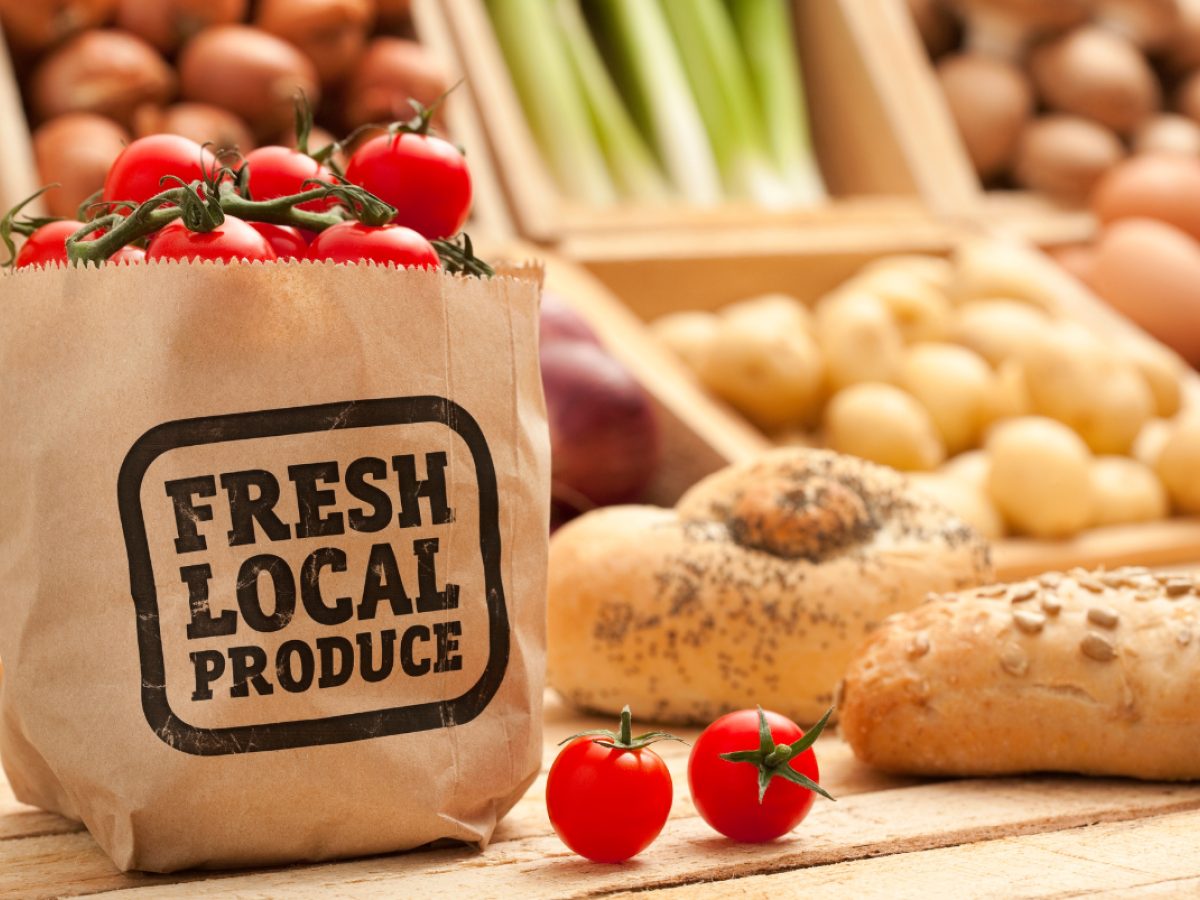Geographic Preference Expansion Related to the Final Rule
May 22, 2024

This memorandum provides a detailed explanation of the expanded geographic preference option. CNP operators, State agencies purchasing for CNPs, and the USDA Department of Defense Fresh Fruit and Vegetable Program (USDA DoD Fresh) may use local as a specification and continue to set a geographic preference when soliciting or buying unprocessed agricultural products. CNP operators and State agencies purchasing on their behalf are not required to use geographic preference when procuring unprocessed agricultural products; it remains an option. The implementation date of the final rule provision is July 1, 2024.
Why It Matters
Operators of Child Nutrition Programs are encouraged to purchase unprocessed, locally grown, and locally raised agricultural products as much as possible. By allowing operators to use “local” as a procurement specification, operators will be better able to give additional points or credits to products from a specified geographic area during the evaluation of proposals or bids received during the solicitation process. This meaning that operators will be able to give priority to local products when purchasing products for program meals.
Summary of the Expanded Geographic Preference Option
To ease challenges related to buying local products and to promote CNPs as a market for local producers, the Child Nutrition Programs: Meal Patterns Consistent With the 2020-2025 Dietary Guidelines for Americans final rule expands the geographic preference option to allow CNP operators to use “local” as a procurement specification for unprocessed agricultural products for CNPs. The updated regulations1 for the geographic preference option are found in each program’s regulation at 7 CFR 210.21(g)(1), 215.14a(e), 220.16(f)(1), 225.17(e)(1), and 226.22(c)(1).
CNP operators may now use local (e.g., “locally grown”, “locally raised”, or “locally caught”) as a specification for local unprocessed agricultural products purchased for program meals, snacks, and milk. CNP operators can require that an unprocessed agricultural product be locally grown, raised, or caught to meet the solicitation requirements and remove products or bids that do not meet this standard from consideration.
CNP operators may also continue to apply a geographic preference through additional points or credit during evaluation for local unprocessed agricultural products. This memo will now refer to this strategy as a “defined scoring advantage,” to help differentiate between the concept of a geographic preference option and the two strategies that may be used to implement it.
In summary, under the expanded geographic preference option, beginning July 1, 2024, CNP operators may choose to:
- Use local as a specification (i.e., the written description of a product or service that a vendor must meet to be considered responsive to a solicitation) for local unprocessed agricultural products;
- Use a defined scoring advantage (e.g., additional credit or points given to local unprocessed agricultural products during the evaluation of responses to a solicitation) for local unprocessed agricultural products;
- Adopt a mix of both strategies; or,
- Elect not to use any of these approaches.
This memorandum includes a detailed description of changes made under the final rule in Attachment A.
Considerations for Implementation
In accordance with Federal procurement regulations at 2 CFR 200.319, CNP operators must ensure full and open competition when procuring goods by planning solicitations that ensure an appropriate number of qualified firms are eligible to compete for the contract. Market research can help determine whether an adequate supply of local products exists in the marketplace before applying local as a specification and/or applying a defined scoring advantage to one or more local unprocessed agricultural products. Market research on unprocessed local agricultural products may include a range of activities such as visiting local farmers’ markets, participating in local food vendor fairs, or issuing Requests for Information (RFIs), which are requests made by institutions for vendors to share information about the products and services they provide. Whether or not competition is adequately full and open is determined by the CNP operator and may be assessed as part of reviews of Program operations conducted by the State agency.
Tools and Technical Assistance
FNS is updating existing memoranda, guides, and fact sheets and developing a new fact sheet to help program operators procure local foods using the expanded geographic preference option. These resources will be available on the USDA Patrick Leahy Farm to School Program website at www.fns.usda.gov/f2s/farm-to-school.
Read the full Geographic Preference Expansion Related to the Final Rule - Child Nutrition Programs: Meal Patterns Consistent With the 2020-2025 DGAs (CACFP 08-2024; SFSP 13-2024).
